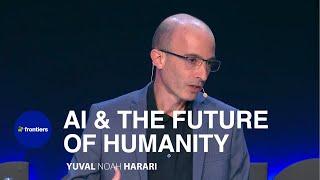Knowledge management is the lifeblood of modern organizations. This comprehensive introduction unpacks how companies identify, capture, and share both explicit knowledge, such as documents and databases, and tacit knowledge, such as skills and experience. The overview explains why knowledge is more than stored information—it is an evolving resource that drives problem-solving, decision-making, and innovation.
We explore key dimensions of knowledge management, including the role of organizational culture, the impact of technology, and the strategic importance of creating and maintaining knowledge flows across teams. Real-world examples—from consulting firms building global repositories, to healthcare systems using decision support tools, to aerospace companies learning from launch debriefings—illustrate the practical value of knowledge management.
The discussion also highlights major challenges, such as overcoming cultural barriers, avoiding knowledge loss through turnover, and preventing information overload in an era of digital abundance. Finally, it looks ahead to future trends including artificial intelligence, machine learning, and augmented reality, and reflects on how organizations can foster cultures that make knowledge a shared, dynamic, and actionable resource.
By mastering the basics of knowledge management, students, managers, and researchers alike can better understand how to unlock the full potential of what organizations know—and transform it into lasting competitive advantage.
#KnowledgeManagement #OrganizationalLearning #TacitKnowledge #KnowledgeEconomy #StrategicAssets #FutureOfWork #Innovation
We explore key dimensions of knowledge management, including the role of organizational culture, the impact of technology, and the strategic importance of creating and maintaining knowledge flows across teams. Real-world examples—from consulting firms building global repositories, to healthcare systems using decision support tools, to aerospace companies learning from launch debriefings—illustrate the practical value of knowledge management.
The discussion also highlights major challenges, such as overcoming cultural barriers, avoiding knowledge loss through turnover, and preventing information overload in an era of digital abundance. Finally, it looks ahead to future trends including artificial intelligence, machine learning, and augmented reality, and reflects on how organizations can foster cultures that make knowledge a shared, dynamic, and actionable resource.
By mastering the basics of knowledge management, students, managers, and researchers alike can better understand how to unlock the full potential of what organizations know—and transform it into lasting competitive advantage.
#KnowledgeManagement #OrganizationalLearning #TacitKnowledge #KnowledgeEconomy #StrategicAssets #FutureOfWork #Innovation
- Category
- Artificial Intelligence & Business












Comments